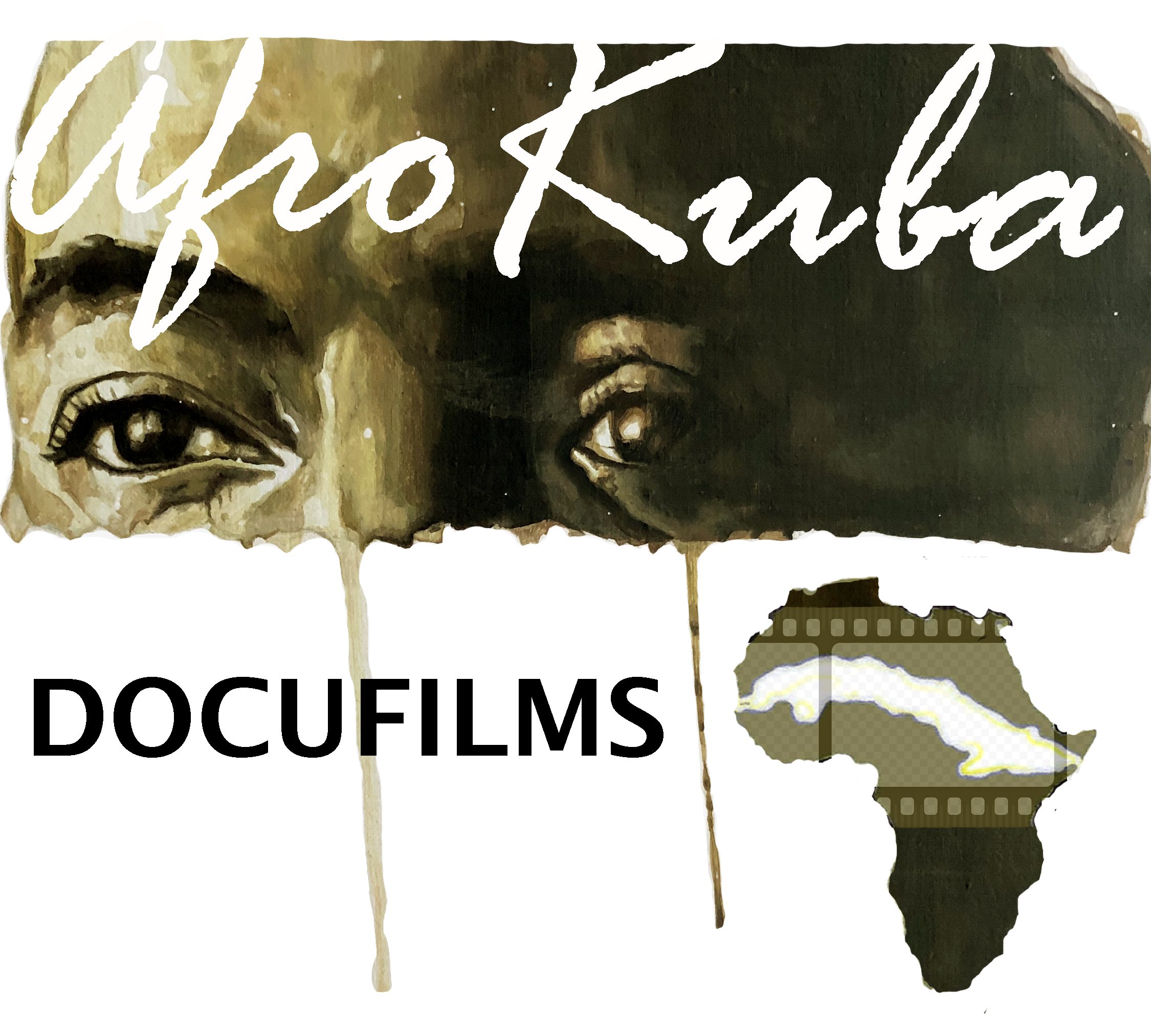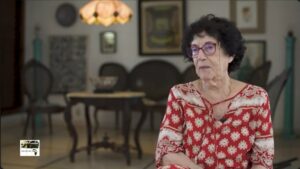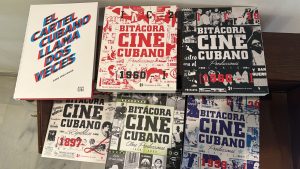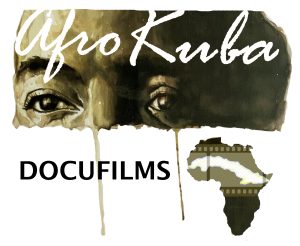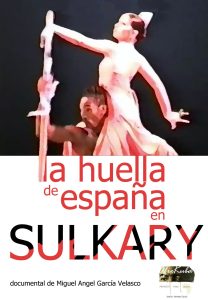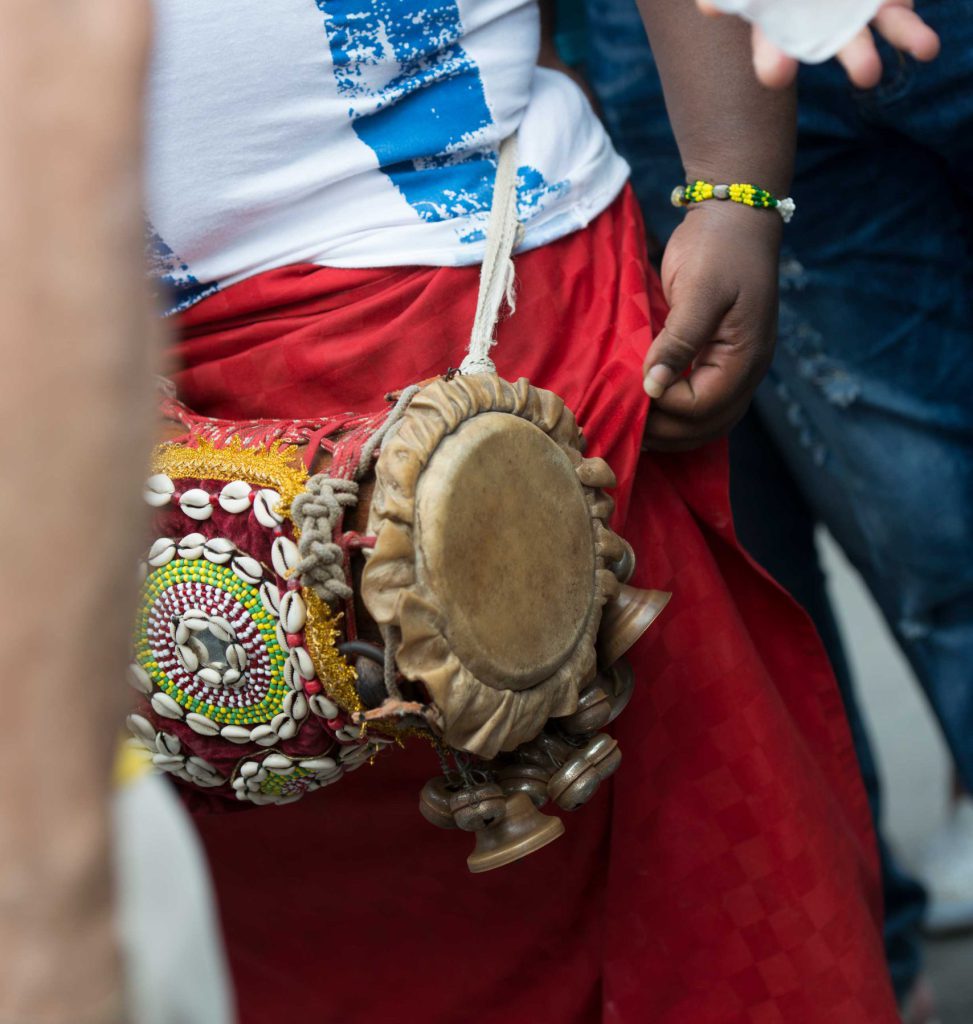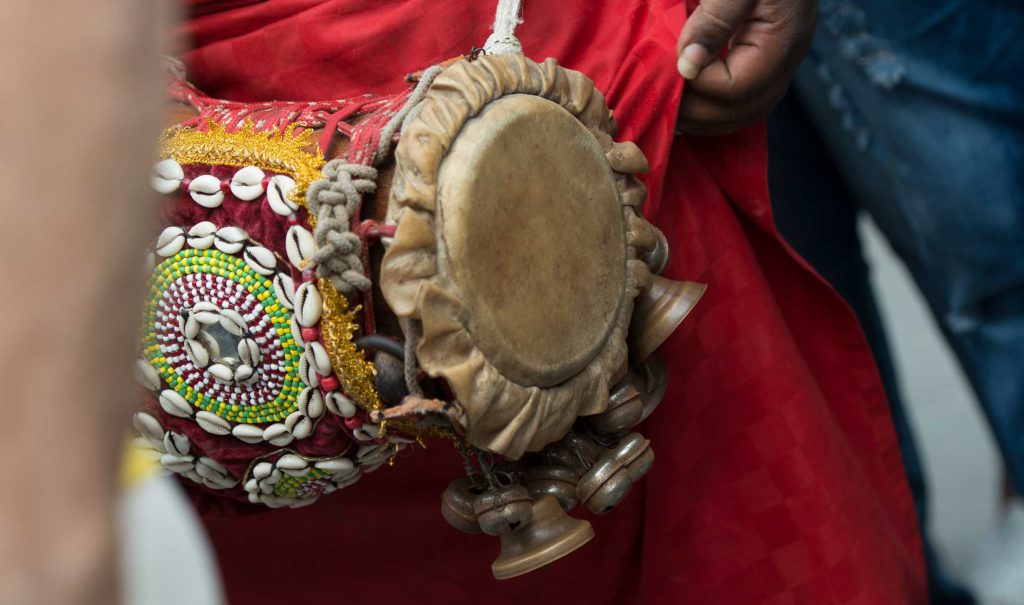By: Jaime Masó Torres
On September 29, the ethnovisual project AfroKuba celebrates its first 15 years of foundation. In 2008, the idea of recording through audiovisual materials everything related to music, dance and religion of African origin was born by the hand of Professor Miguel Ángel García Velasco, dedicated for many years to the studies of ethnomusicology and musical anthropology.
By being part of the UNESCO's Cuban slave route committee, the project promotes the contribution of Africa and its diaspora. In addition, it highlights the work of those who work to preserve the archives and oral traditions related to the slave trade and slavery.
AfroKuba has accumulated more than fifty documentaries to date, including, In the footsteps of the Cuban ararás (2010); El Niño de Cañamazo (2015); Asere Crúcoro (greetings to those present) produced in 2016 and Sulkary, half a century after 2020. Most of them presented at national and international festivals and available on digital platforms.
According to García Velasco, activities began on August 31 to celebrate the 15th anniversary of the project. Just on the International Day of Afro-descendants, the Ibero-American Dance Platform (PID) hosted the presentation of Sulkary, half a century later, a tribute to the classic work created by Eduardo Rivero, through the testimonies of six dancers who reveal the circumstances surrounding the conception of that dance piece.

"In September we began our tour at the University of Cork (Ireland) where we participated in the Symposium on Audiovisual Ethnomusicology and there we presented the documentary Eggún for Cha chá that will also be exhibited at the University of Istanbul (Turkey) where we have been invited by the International and Audiovisual Association (IASA) and the International Council of Traditional Music (ICTM)," he said.
Until September 15 at Istanbul University - the main venue of the IASA Conference and the ICTM-IASA Forum - the AfroKuba ethnovisual project will participate in the debates on the preservation, documentation and safeguarding of traditional music and dance. The program of the event also includes presentations, discussion panels, keynote lectures and guided tours of Turkish libraries and media.
"We are pleased to inaugurate the Olorum Irradiando Aché Festival that will take place from September 14 to 17 in Camagüey with the presentation of the documentary Soy Bertha Armiñán, look for me, in charge of the Master in Sciences Yoilán Maceo. It is a tribute that we dedicate to that important artist from Santiago, teacher of generations and a jewel of dance and singing in Cuba," said García Velasco, who is also a member of the UNEAC, of the Scientific Council of the Casa de África Museum and founder of the International Colloquium of Research on African American Religions "Rafael Robaina Jaramillo" of the Cuban Institute of Anthropology of Cuba.
For the coming month of October, the short film Patricio Pastor Baró "Papito" directed by Miguel Ángel García himself will be part of the 2023 Anthropological Film Festival, in Mexico.

Organized by the National Institute of Anthropology and History (INAH), the event will bring together filmmakers, students, researchers, filmmakers and documentarians interested in the dissemination of anthropological issues. According to the program of the event, other filmmakers from the island will participate, such as Arturo Santana, Blanca Rosa Blanco and Daniela Muñoz Barroso, among others.
